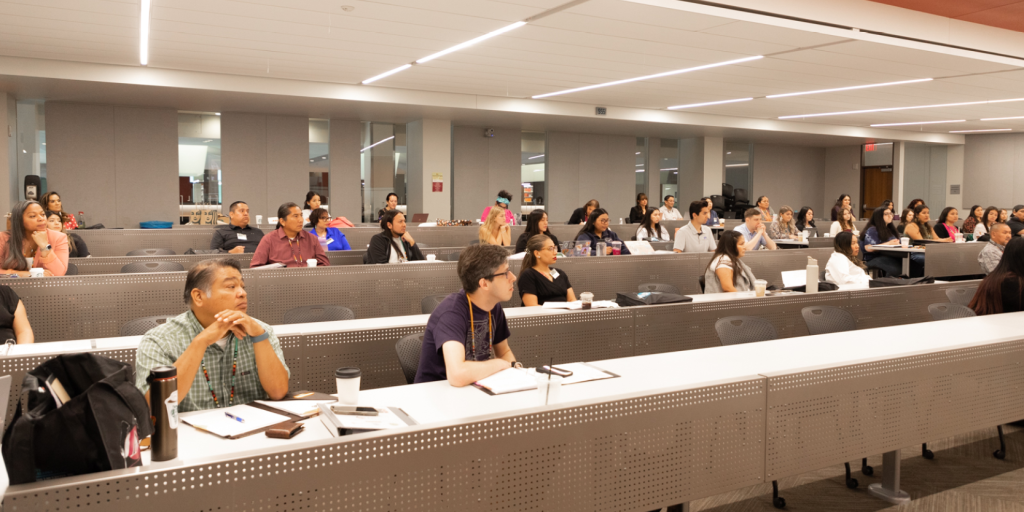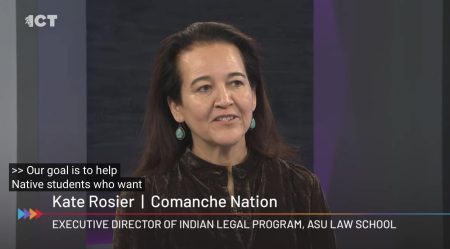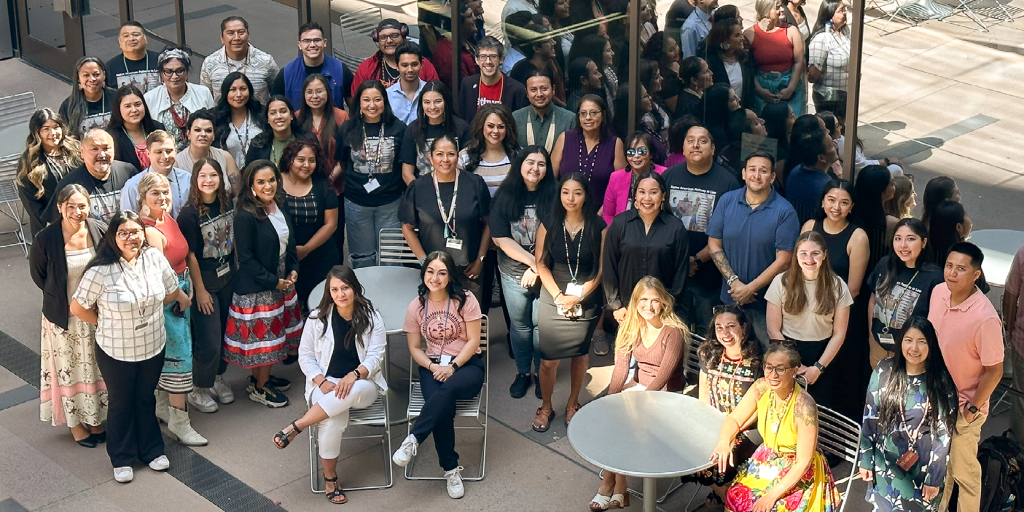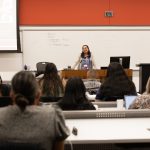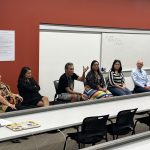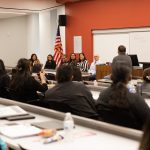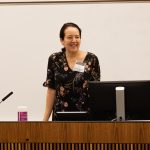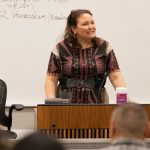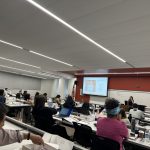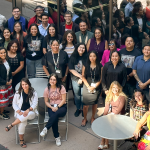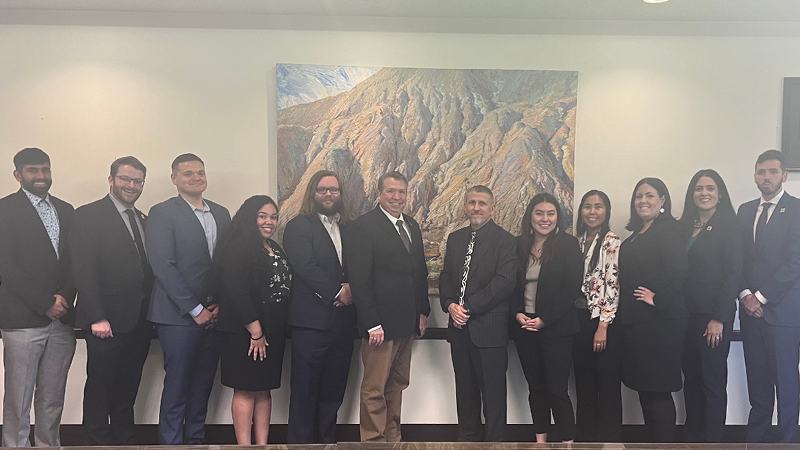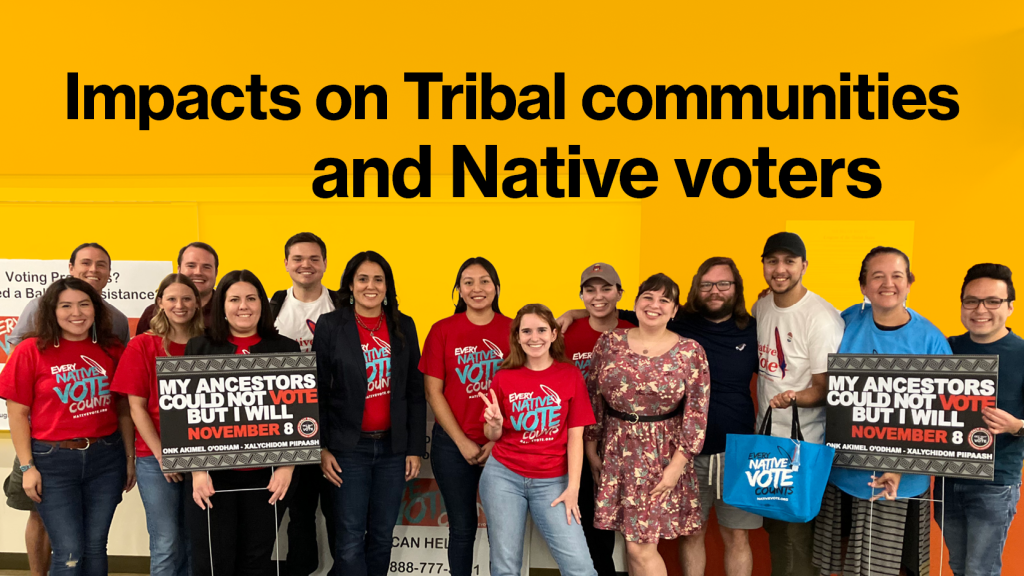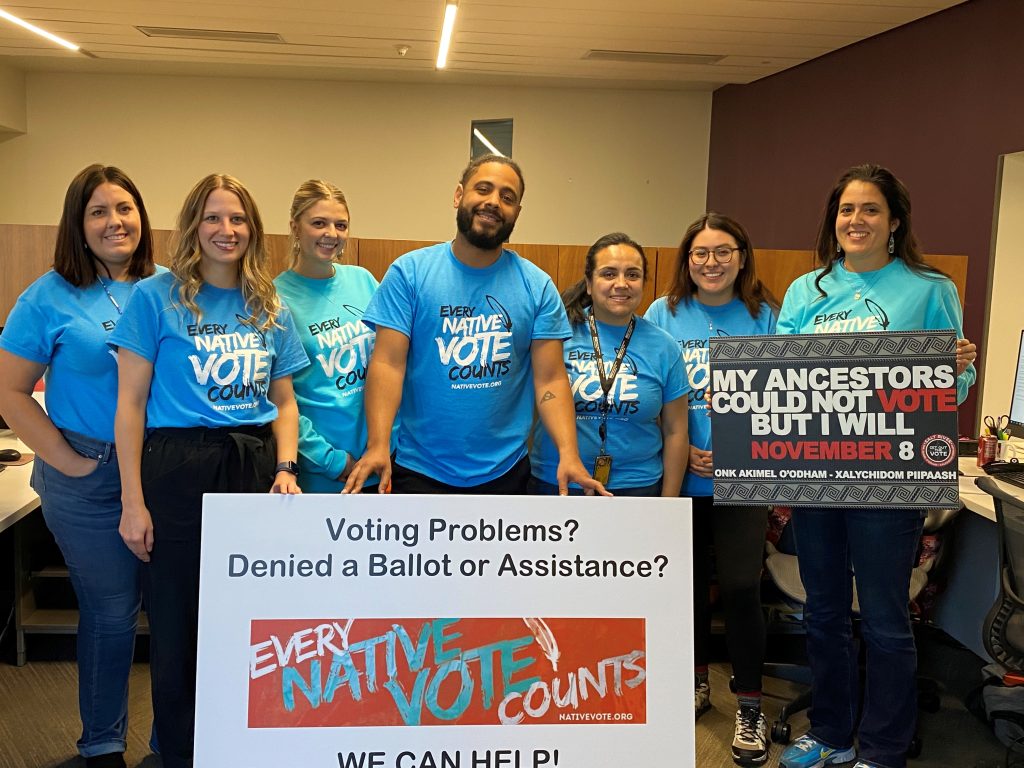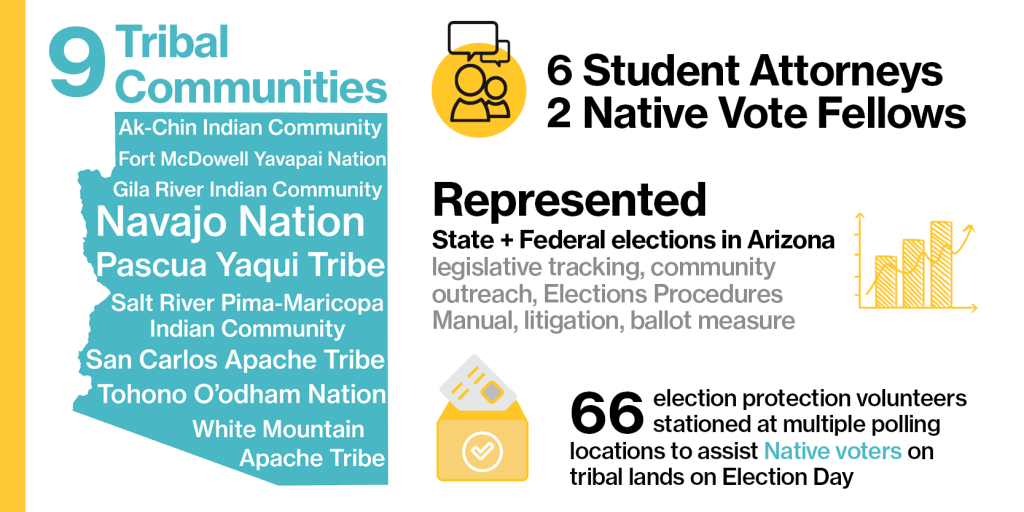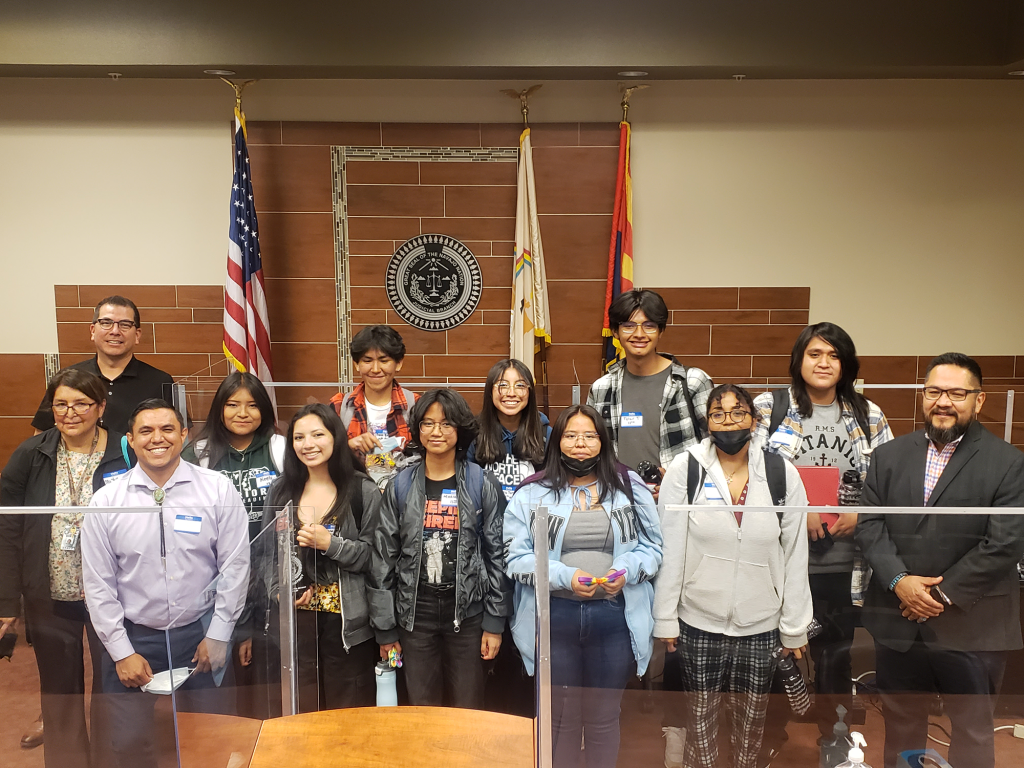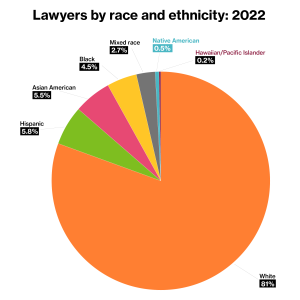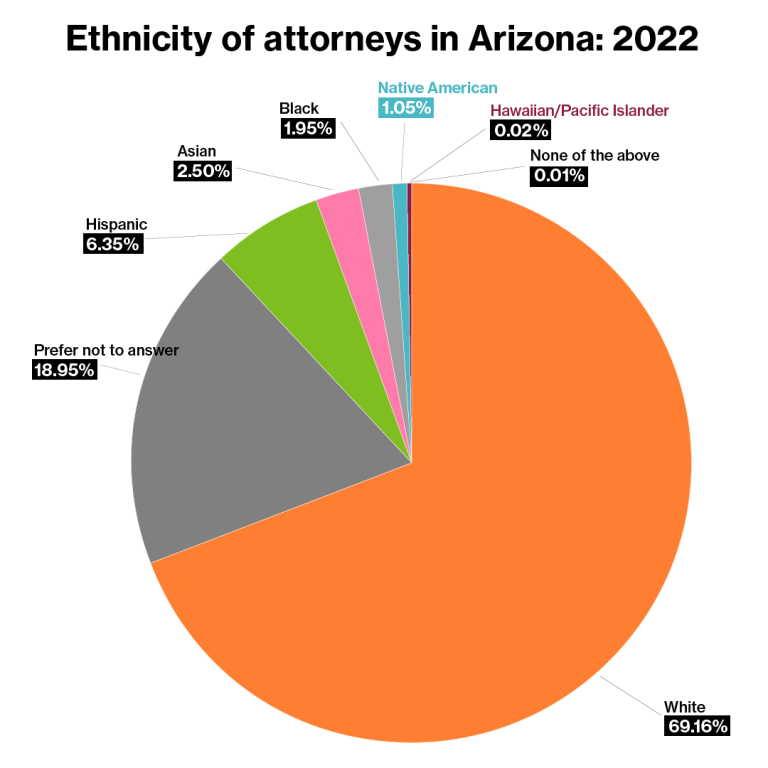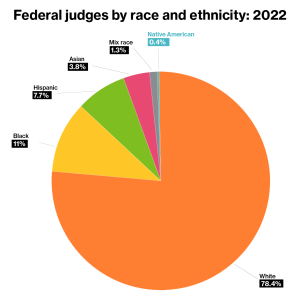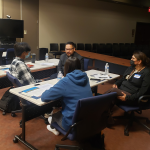Author Archives: dwilliams
Job opportunity: Tohono O’odham Advocate Program
Pathways to the Bench: Honorable Diane J. Humetewa (’93)
Building power to Native American law
Job opportunities: Judicial Branch of the Navajo Nation
Press Release
Justice Department Launches Missing or Murdered Indigenous Persons Regional Outreach Program
Program Will Place 10 New Personnel in Five Regions
PHOENIX, Ariz. – The Department of Justice today announced the creation of the Missing or Murdered Indigenous Persons (MMIP) Regional Outreach Program, which permanently places 10 attorneys and coordinators in five designated regions across the United States to aid in the prevention and response to missing or murdered Indigenous people.
“This new program mobilizes the Justice Department’s resources to combat the crisis of Missing or Murdered Indigenous Persons, which has shattered the lives of victims, their families, and entire Tribal communities,” said Attorney General Merrick B. Garland. “The Justice Department will continue to accelerate our efforts, in partnership with Tribes, to keep their communities safe and pursue justice for American Indian and Alaska Native families.”
“These new positions represent the Justice Department’s continuing commitment to addressing the MMIP crisis with urgency and all of the tools at our disposal,” said Deputy Attorney General Lisa O. Monaco. “MMIP prosecutors and coordinators will work with partners across jurisdictions and alongside the Tribal communities who have been most devastated by this epidemic.”
“Vindicating the rights of missing and murdered indigenous persons and their families is a top priority for our office,” said United States Attorney Gary Restaino. “As home to 22 federally-recognized tribes, this District has been thinking about — and working on — this issue for several years. It is a complex issue, with no easy solution. Hosting an MMIP coordinator for the Region will allow us to dedicate even more resources to this important issue.”
The MMIP regional outreach program prioritizes MMIP cases consistent with the Deputy Attorney General’s July 2022 directive to United States Attorneys’ offices promoting public safety in Indian country. The program fulfills the Justice Department’s promise to dedicate new personnel to MMIP consistent with Executive Order 14053, Improving Public Safety and Criminal Justice for Native Americans and Addressing the Crisis of Missing or Murdered Indigenous People, and the Department’s Federal Law Enforcement Strategy to Prevent and respond to Violence Against American Indians and Alaska Natives, Including to Address Missing or Murdered Indigenous Persons also issued in July 2022.
The program will dedicate five MMIP Assistant U.S. Attorneys and five MMIP coordinators to provide specialized support to United States Attorneys’ offices to address and combat the issues of MMIP. This support includes assisting in the investigation of unresolved MMIP cases and related crimes, and promoting communication, coordination, and collaboration among federal, Tribal, local, and state law enforcement and non-governmental partners on MMIP issues. The five regions include the Northwest, Southwest, Great Plains, Great Lakes, and Southeast Regions, and MMIP personnel will be located within host United States Attorneys’ offices in the Districts of Alaska, Arizona, Eastern Washington, Minnesota, New Mexico, Northern Oklahoma, Oregon, South Dakota, and Western Michigan. Programmatic support will be provided by the MMIP Regional Outreach Program Coordinator at the Executive Office for United States Attorneys.
“The Executive Office for United States Attorneys and the United States Attorney community are committed to preventing and responding to cases of missing or murdered Indigenous people. To that end, we will work together with all relevant federal, Tribal, state, and local law enforcement partners to locate missing persons and solve crimes where they have occurred,” said Executive Office for U.S. Attorneys (EOUSA) Director Monty Wilkinson. “This new program will allow the Department to build upon the work done by individual United States Attorneys’ offices and ensure continued support to those offices by coordinating outreach regionally on MMIP matters.”
More broadly, this MMIP program will complement the work of the Justice Department’s National Native American Outreach Services Liaison, who is helping amplify the voices of crime victims in Indian country and their families as they navigate the federal criminal justice system. Further, the MMIP program will liaise with and enhance the work of the Department’s Tribal Liaisons and Indian Country Assistant United States Attorneys throughout Indian Country, the Native American Issues Coordinator, and the National Indian Country Training Initiative Coordinator to ensure a comprehensive response to MMIP.
RELEASE NUMBER: 2023-098_MMIP Regional Outreach Program
For more information on the U.S. Attorney’s Office, District of Arizona, visit: Justice.gov/AZ
Follow the U.S. Attorney’s Office, District of Arizona, on Twitter @USAO_AZ for the latest news.
Public Affairs Officer: Diana L. Varela (diana.varela@usdoj.gov)


